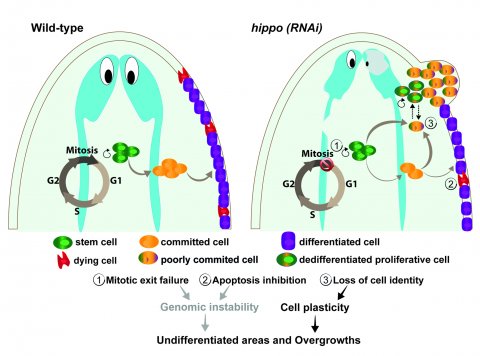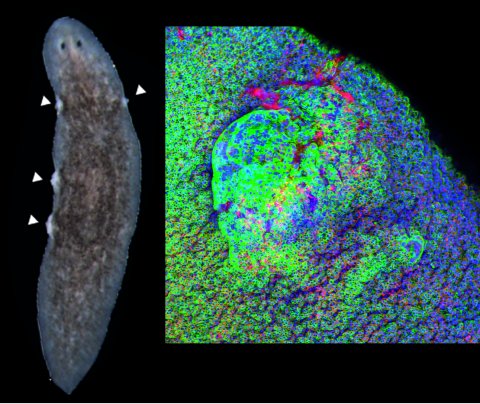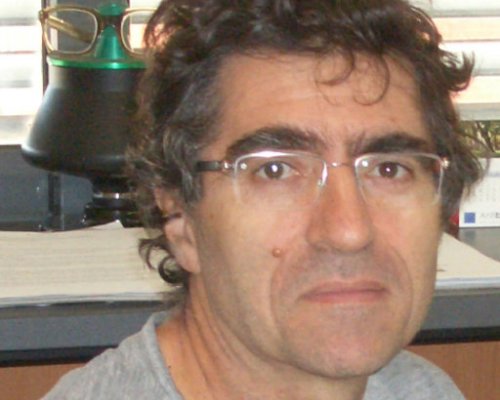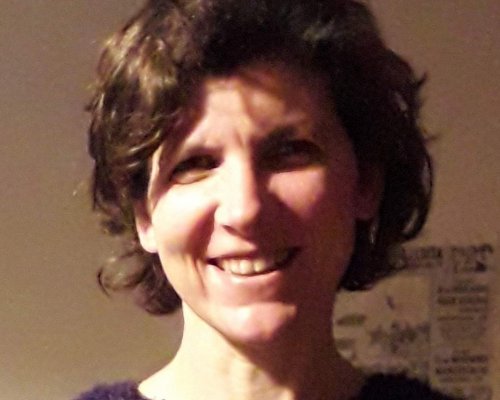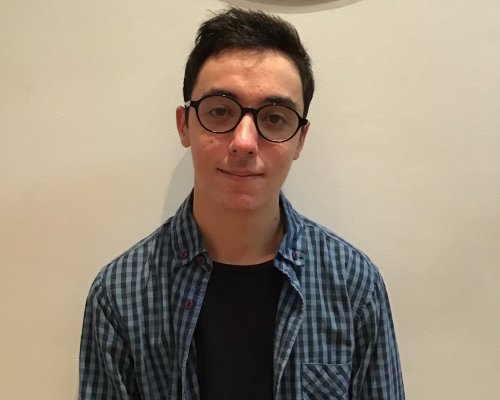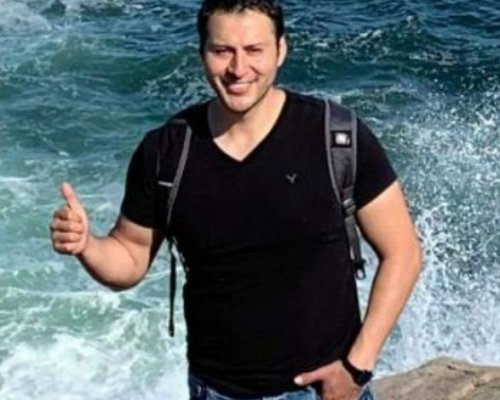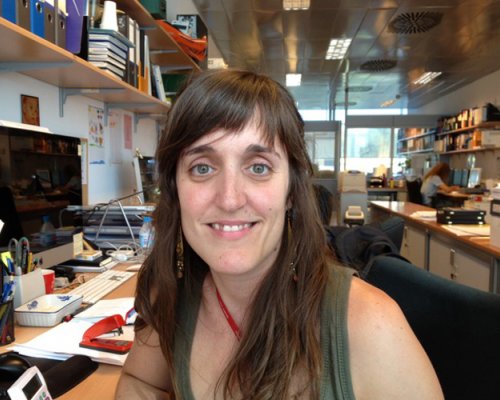Emili Saló & Teresa Adell Lab

The research of our group focuses in understanding the molecular mechanism that allow the intercellular communication during planarian development. We currently develop two main projects: 1) Molecular nature of the planarian posterior organizer, and 2) Function of the Hippo pathway in restricting cell plasticity.
Contact
tadellc@ub.edu
+ 34 934034795
esalo@ub.edu
+ 34 934035977
Research
Molecular nature of the planarian posterior organizer
Regeneration is an essential process in adult organisms that requires the production of new cells as well as the specification of the proper identity of the missing tissues. Organizing Centers instruct the fate, growth and pattern of surrounding cells in embryonic development, and they are also essential in regenerative processes, although in this context they have not been deeply studied. Our group has characterized fundamental elements of the anterior and the posterior regenerative organizers in adult planarians, mainly related with the Wnt/beta-catenin pathway, responsible to specify the regeneration of a head or a tail in the correct position (Iglesias et al 2008; Adell et al 2009; Sureda-Gomez et al 2015). We are currently performing an in deep analysis of the Posterior Organizing Center through a high throughput transcriptomic and genomics approach with the aim to understand the signaling network responsible for posterior identity specification and growth.
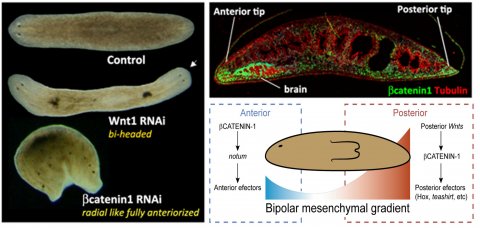
Function of the Hippo pathway in restricting cell plasticity
Growth control is fundamental to embryonic and adult development, and its dysfunction leads to human diseases as cancer. How do cells know when to divide, differentiate or die during normal adult development? To address these questions we use planarians, freshwater flatworms well known for their extraordinary ability to regenerate any part of its body and to change their size according to nutrients. This capacity is due to their population of totipotent stem cells in the adult stage, together with the sustained activation of developmental signals to ensure limited and proportionate growth.
Recent studies in our group have shown that inhibition of the Hippo pathway, responsible for growth control in Drosophila and vertebrates, produces tumoral overgrowths in planarians (de Sousa et al. 2018). According to our results, the molecular mechanism underlying the tumoral transformation is not an increase in cell proliferation but the increase in cell plasticity mediated by Hippo downregulation. We are currently investigating the role of Hippo downstream genes in regulating cell death, cell proliferation and maintenance of the differentiated fate.
